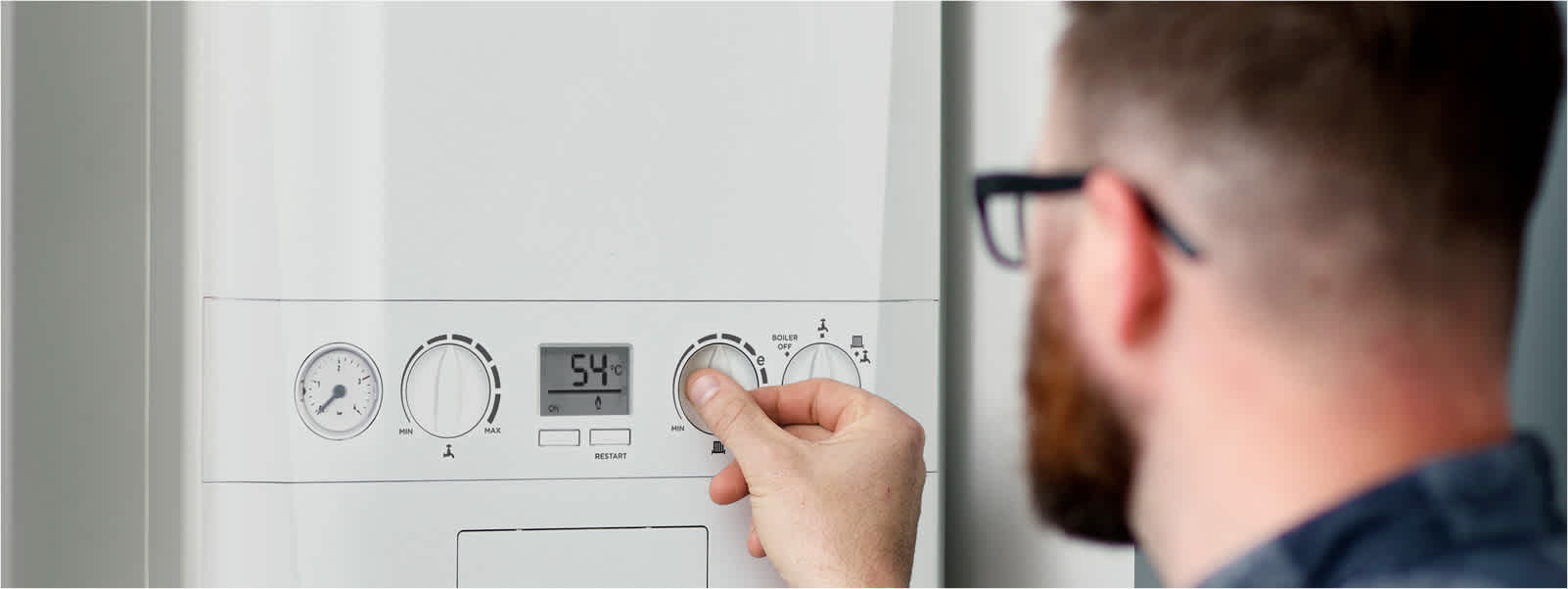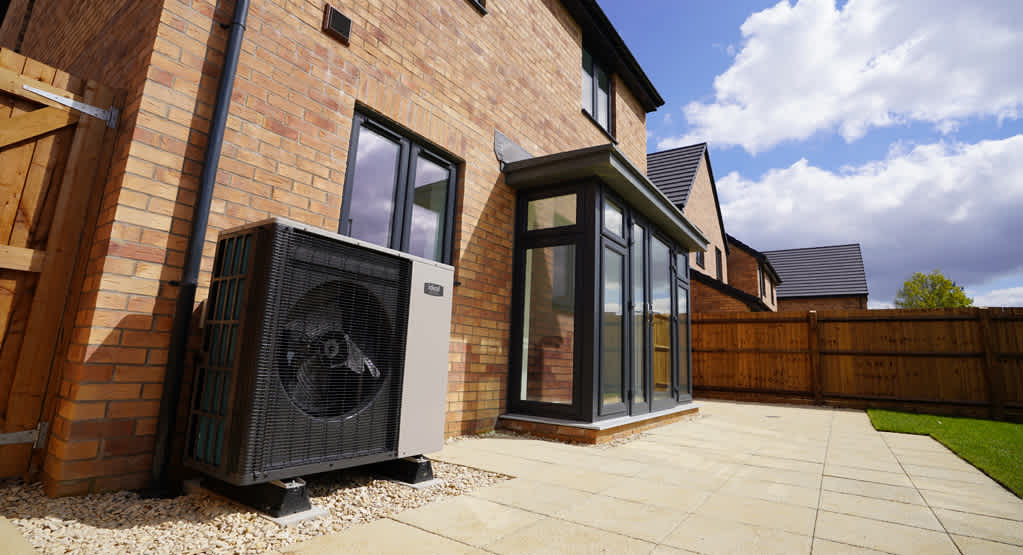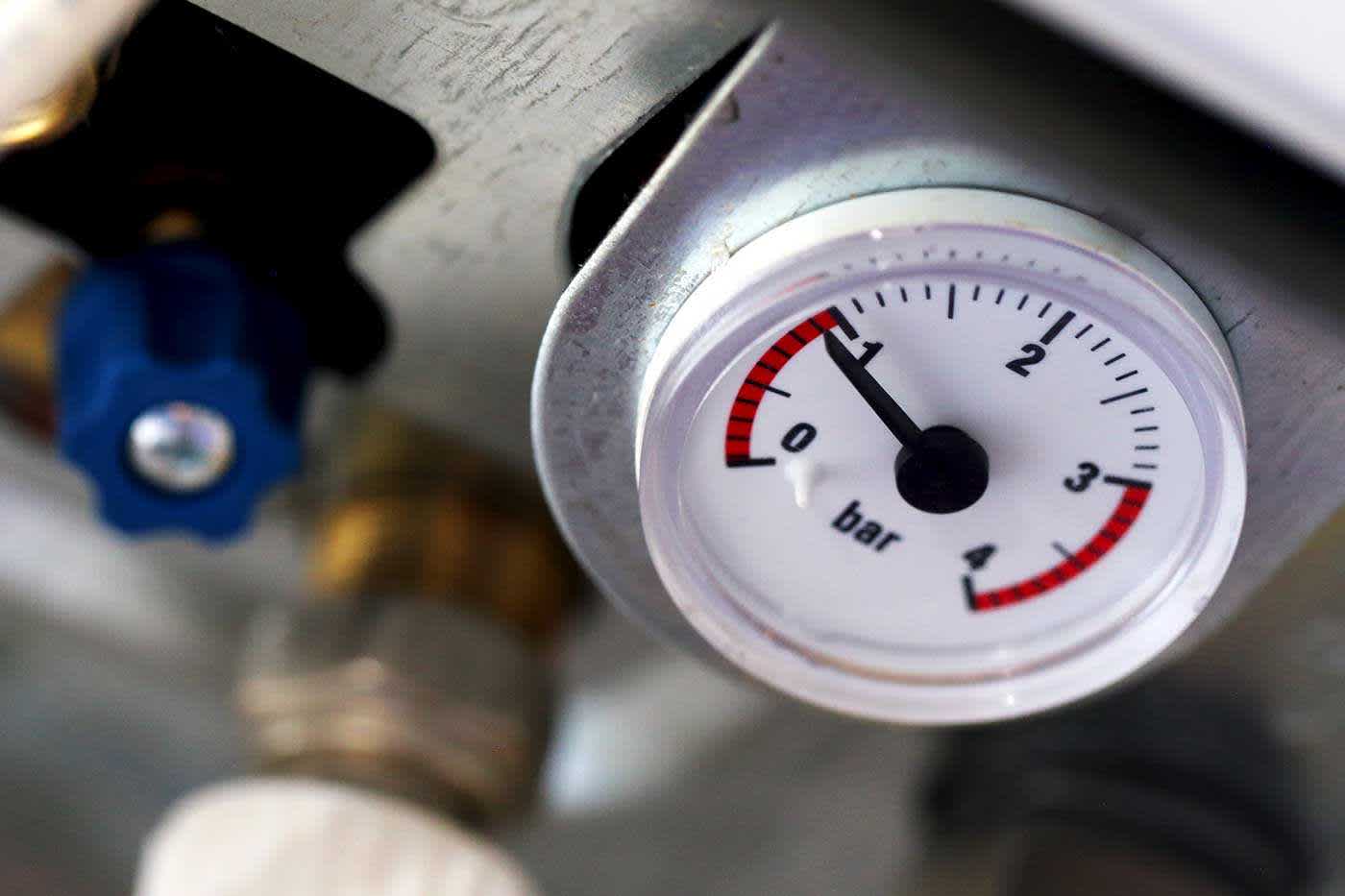
How long will a heat only boiler last before it needs replacing?
When it comes to heating your home, finding a reliable boiler that stands the test of time is crucial for homeowners. One common type of boiler used in many UK homes is the Heat only boiler. Understanding the lifespan of your Heat only boiler can help you plan for future replacements and ensure your home stays warm and comfortable throughout the year.
Whether you’re moving house and need guidance on what size Heat only boiler you need for your home, or you’re not sure whether or not it’s time to bite the bullet and replace your old boiler, we’re here to help.
In this blog, we'll explore everything you need to know about how long a Heat only boiler typically lasts before it needs replacing and the different factors that can influence its overall lifespan.
Average lifespan of a Heat only boiler
A well-maintained Heat only boiler can generally last between 15 and 20 years. However, this lifespan can vary depending on several factors, including the quality of the boiler, how well it is maintained, and how frequently it is used.
What factors impact boiler lifespan?
There are several key factors that can influence the lifespan of your Heat only boiler. Understanding these factors can help you take proactive measures to extend the life of your boiler and ensure it operates efficiently for as long as possible. These include:
Quality of the boiler
Investing in a high-quality boiler from a reputable manufacturer can significantly affect its lifespan. Premium boilers are often built with better materials and technology, which can enhance their durability and efficiency.
Regular maintenance
Routine servicing and maintenance are crucial for the longevity of any boiler. Annual check-ups by a qualified heating engineer can help identify and fix minor issues before they become major problems, ensuring your boiler runs efficiently and safely.
Build-up in water quality
The quality of water in your area can also affect your boiler's longevity. Hard water, which contains high levels of minerals, can lead to limescale build-up within the boiler, reducing its efficiency and lifespan. Using a water softener can help mitigate this issue.
It is also important that heating systems are cleaned when they are updated, such as when a new boiler is fitted. A corrosion inhibitor should then added to the heating system to protect it.
The quality of the water in the heating system should then be checked regularly, typically as part of the annual service, and maintained by adding more suitable chemicals as required.
Installation quality
Proper installation is essential for the optimal performance of your boiler. Poor installation can lead to frequent breakdowns and reduce the overall lifespan of the boiler. Always ensure your boiler is installed by a qualified professional.
Signs your boiler may need replacing
Even with the best care, there will come a time when your Heat only boiler will need replacing.
Here are some signs to look out for:
Frequent breakdowns
If your boiler is breaking down regularly and repairs are becoming more frequent and costly, it may be more economical to replace it. Signs of this could be noticing that your boiler is leaking or your radiators not getting warm.
Need more info on a leaky boiler? Find further tips in our dedicated blog: Why is my boiler leaking?
Rising energy bills
An older boiler can become less efficient over time, leading to higher energy bills. If you notice a significant increase in your heating costs, it might be time to consider a replacement.
Uneven heating
If your home is no longer heating evenly or you are experiencing low radiator temperature, it could indicate that your boiler is struggling to keep up with demand.
Unusual noises
Strange noises such as banging, clunking, or whistling coming from your boiler can be a sign of internal issues, known as kettling, that might warrant a replacement.
Find out more about this in our blog: What is kettling?
Age
If your boiler is over 15 years old, it's worth considering a replacement, even if it seems to be working fine. Modern boilers are more energy-efficient and can save you money on your heating bills in the long run.
For more advice on all of the above, visit our guide on how to extend boiler lifespan.
Benefits of upgrading your Heat only boiler
Upgrading to a new Heat only boiler can bring several benefits for your home and lifestyle.
These include:
Improved efficiency: Modern boilers are designed to be more energy-efficient, helping you save on energy bills and reduce your carbon footprint.
Enhanced reliability: New boilers come with improved technology and materials, offering more reliability and peace of mind.
Better control: Many modern boilers come with advanced controls and smart thermostats, allowing you to manage your heating more effectively.
Learn more about the benefits of a wireless thermostat.
Warranty: A new boiler will come with a manufacturer's warranty, giving you protection against potential issues.
At Ideal Heating our boiler warranties vary between 2 and 12 years depending on your boiler model (subject to you registering your boiler within 30 days of purchase from us). This gives you peace of mind, that if anything goes wrong with your boiler within this timeframe, we’ll be on hand to help.
For more information on our boiler warranties, visit our guide on everything you need to know about Ideal boiler warranties.
Talk to us about your boiler needs today
If you're considering replacing your boiler, get in touch with us today to explore our range of reliable and efficient boilers. Our team of professionals is here to help you find the perfect heating solution for your home.
Contact us today for a free consultation, or head to our tips and advice page for more information.

















